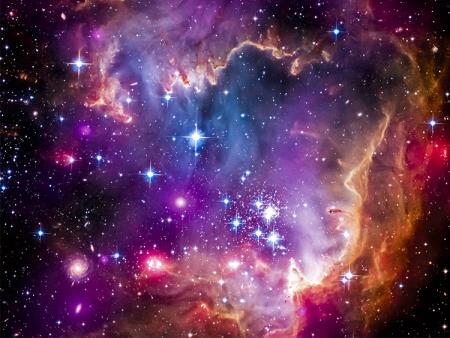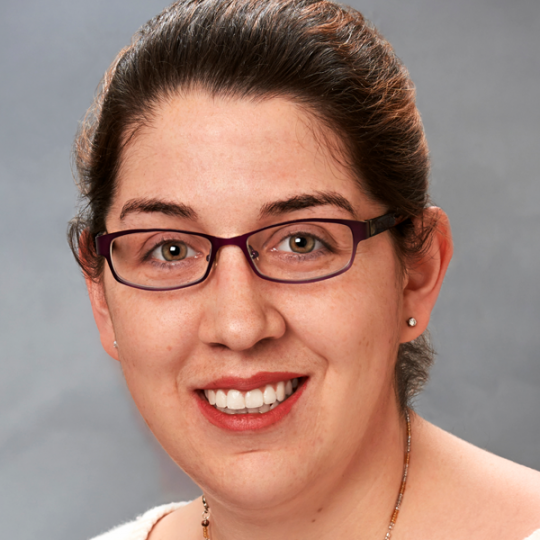Astronomy
Bring your fascination for the universe, galaxies, stars, planets, and comets, and enroll in Astronomy courses at ACC. During lab sessions, you can study the mysteries of space in our state-of-the-art Astronomy classroom. Learn about celestial bodies and the universe while you earn science credits that are guaranteed to transfer to any public college or university in Colorado.
CIP 240199
Students successfully completing any Guaranteed Transfer Courses with a "C" or better are guaranteed acceptance of the course at any public four-year College or university in Colorado. The State Guaranteed Transfer Courses and the Colorado Community College General Education requirements have been incorporated into the degree. Students who complete a 60 credit-hour A.S. degree with appropriate course requirements and grades of "C" or better may be able to complete a Baccalaureate degree in 60 additional credits after transferring to a four-year public institution. Consult your ACC Advisor about Colorado's 60 + 60 agreement.
NOTE: This guarantee excludes majors in Education, Business, Engineering and Nursing.
NOTE: No course substitutions will be accepted for the Associate of Arts or Associate of Science degrees.
Admission Requirements
Program Requirements
- Any GT-CO1 and GT-CO2 OR
- Any GT-CO2 and GT-CO3
- Any GT-MA1 course MAT 1260 OR higher
- GT - Two Guaranteed Transfer Arts & Humanities courses (GT-AH1, GTAH2, GT-AH3, or GT-AH4).
- GT - One Guaranteed Transfer Social & Behavioral Science course (GT-SS1, GT-SS2, or GT-SS3).
- GT - One Guaranteed Transfer course from: History (GT-HI1).
- One Guaranteed Transfer Arts & Humanities/Social & Behavioral Science/History courses (GT-AH1, GT-AH2, GT-AH3, GT-AH4, GT-SS1, GT-SS2, GT-SS3, or GT-HI1)
-
Two GT Science courses with a lab (GT-SC1) AND
-
One GT Science course (GT-SC1 or GT-SC2)
Elective credit must be completed from the following lists of approved prefixes or courses to bring the total credit hours to 60.
- Any Guaranteed Transfer Course
Any course in the following prefixes except Special Topics and Independent Study: ANT, ART, AST (1110 or higher), BIO (1003 or higher), CHE (1004 or higher), CSC (1019 or higher), EGG (1030 or higher), HIS, HUM, LIT, MAT (1260 or higher), MUS, PED, PHI, PHY (1105 or higher), PSC, PSY, SOC, any world language 1011 or higher.
All courses required for this degree must be completed with a "C" or better to be considered for transfer to another Colorado institution. Transferability of courses to colleges or universities outside of Colorado is determined by the receiving institution.
Graduation Requirements
- Apply for graduation online at www.arapahoe.edu/graduation.
ACC offers the following Astronomy courses for credit that are guaranteed transferrable to any Colorado public college or university.
For full course descriptions, please see the ACC Course Catalog.
ACC academic plans will help guide you through your chosen program. The academic plan will provide you with important information, like which semesters courses are offered if there are any prerequisites or co-requisites for courses, program outcomes, course sequence recommendations, notes for the program, graduation requirements, and other important information. These are updated annually, so we recommend downloading a copy of yours to keep on track to graduation.
Star Parties and Astronomy Events
Observe the night sky and explore the vastness of the universe during Astronomy Star Parties. Held multiple times each semester, the parties are free and open to the public. ACC provides telescopes.
Astronomy Star Party
Observe the celestial bodies and explore the vastness of the universe at an Astronomy Star Party on the 3rd floor patio or M3650 (if the weather is bad) at the Littleton Campus.
- November 13 from 6:00 - 8:00pm
jennifer [dot] jone [at] arapahoe [dot] edu (Email) Astronomy Program Chair Jennifer Jones for information about the next event.
Space Grant Teams
ACC is affiliated with Colorado Space Grant Consortium (COSGC) and funded by NASA. As a member of the COSGC, we have 4 student teams that design, build, and tests scientific apparatuses. We have the DemoSat Team, the Wearables Team, the Robotics Team, and the RockSat team. For more information, contact Jennifer Jones at jennifer [dot] jones [at] arapahoe [dot] edu.
DemoSat
Builds a scientific payload (portable experiment) that is launched to the stratosphere (~100,00 ft up) via a high-altitude balloon. We have a fall and spring team. The students design and build the experiment and attend launch and recovery.
RockSat
Builds a scientific payload (portable experiment) that is launched into space (~100 miles up) via a sounding rocket (a type of rocket launched from a NASA facility). We have one team per year that goes from September to the following August. Students get to travel to the NASA Wallops Flight Facility in VA to test the payload and attend the launch. The students design and build the experiment.
Robotics
Builds an autonomous robot that will go the Great Sand Dunes and compete in a Challenge. We have one team per year that goes from September to the following May. The students design and build the robot. They will learn coding as well to make the robot move and navigate on its own.
Wearables
Builds a piece of wearable technology and will create a video about their creation. We have one team per year that goes from September to the following May. Students design and build a piece of wearable technology designed to solve a problem of their choice.
For all 4 teams there are stipend opportunities, award opportunities, and scholarship opportunities to members of the team.
Robotics Challenge
Check out the great work our ACC Space Grant Robotics Team has been working on.


